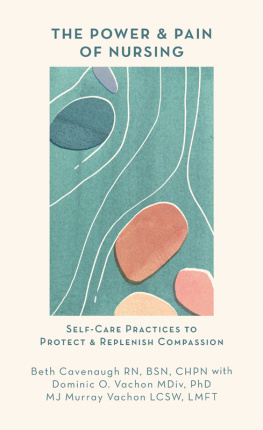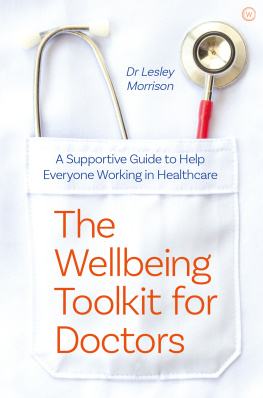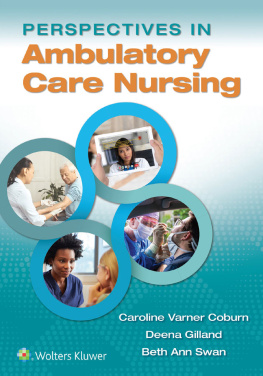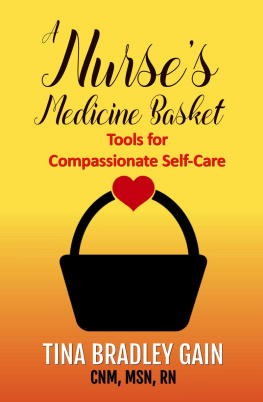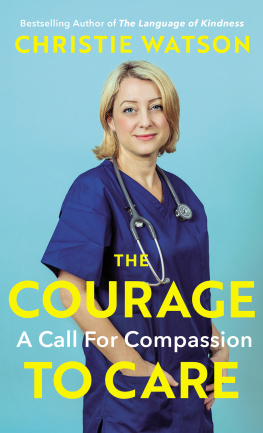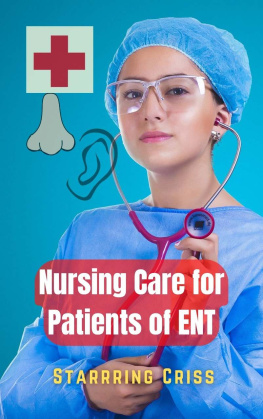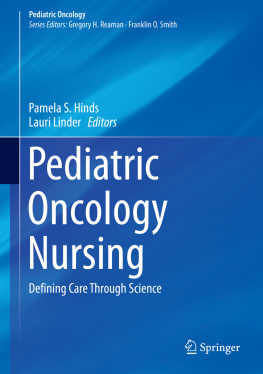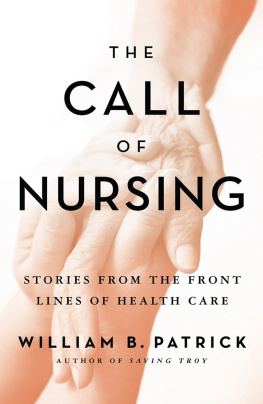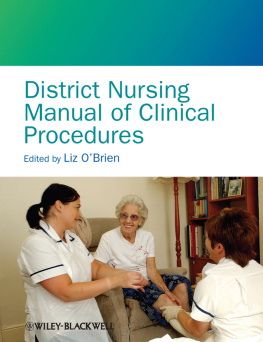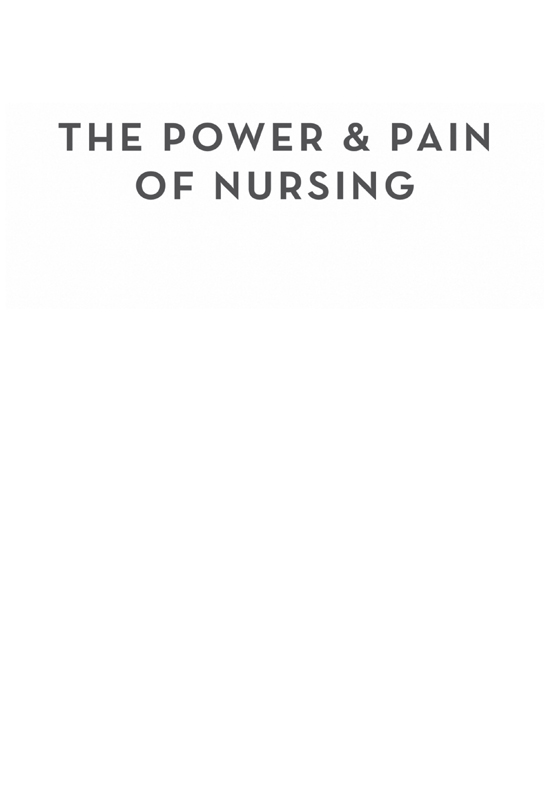Copyright 2021 Beth Cavenaugh
All rights reserved. No part of this publication may be reproduced, distributed, or transmitted in any form or by any means, including photocopying, recording, or other electronic or mechanical methods, without the prior written permission of the publisher, except in the case of brief quotations embodied in critical reviews and certain other noncommercial uses permitted by copyright law. For permission requests, write to the publisher, addressed Attention: Permissions Coordinator, at the address below.

Sun and Moon Press
Cover and illustrations by Julia Cone
ISBN: 978-1-7336909-2-8 (print)
ISBN: 978-1-7336909-3-5 (ebook)
Ordering Information:
Special discounts are available on quantity purchases by corporations, associations, and others. For details, contact
This book is dedicated to all front-line workers during the pandemic. This includes anyone who worked in any health care setting in 2020 (and 2021). Thank you feels inadequate. I love you feels awkward. I am in awe feels right.
Introduction
My cousin MJ called me up week three of the pandemic to see if I was interested in collaborating on a mental health program for health care professionals. As a hospice nurse, a mother of three kids, and a human, I felt a little unglued myself. I said, Um, h*ll yes. So, four professionals got together via Zoom, and we realized we had the perfect storm. I have boots-on-the-ground clinical nursing experience, MJ Murray Vachon, LCSW, LMFT, has spent her life as a therapist, Colleen Sweeney, RN, CSP, has spent years working with hospital systems to develop more empathy toward patients, and Dominic Vachon MDiv, PhD, professor at University of Notre Dame and Director of the Hillebrand Center for Compassionate Care in Medicine has spent the last 26 years in clinical practice while researching, writing, and teaching about the science of compassion in medicine. We created a program of urgent self-care for health care professionals called the Heroes Huddle.
In those months of writing and collaborating to develop critical science-based tools for clinicians, I had many Aha! moments. I realized I had spent the last 24 years of my own nursing career learning how to take care of myself so I would not be ruined by the intensity of clinical work. I meditated, I went on retreats, I read, I napped, I underfunctioned at home, I did body scans and guided meditations, I took yoga classes, I walked among the trees, I prayed to the Earth and God and Jesus and Buddha and anyone else who would listen, and I paid for therapists, energy healers, and acupuncturists. I was constantly looking for tools that would renew my spirit from the intensity of nursing and the profound suffering of my patients. I wanted to be emotionally supportive and available to my patients and still have something left for my husband, my kids, and myself.
Dominics research on the science of compassion helped me to understand why I had worked so hard on my inner life over the last 24 years, and Colleens wisdom in patient care was vital to deepening my understanding of empathy fatigue, which I had experienced over the course of my career. MJs therapeutic skills and experience with breathwork, rumination, and the mind-body connection would have been invaluable practices for me 24 years ago. Now I have the understanding, the research, and the words to describe what I have been striving for in my nursing practice: empathy, compassion, composure, emotional connection, and stillness. The good news is that these characteristics can be learned and are intimately tied to keeping you satisfied and productive throughout your career in health care.
I wrote this book because the science of compassion shows that developing the ability to genuinely care for the people you serve improves patient satisfaction and health care outcomes while protecting the clinician from burnout (Vachon, 2020). As soon as nurses start their clinicals in school, they can (and should) begin to train their mind, body, and soul for difficult work. Your career can be an ongoing journey of self-care, self-awareness, self-help, self-love, self-compassion, and self-renewal (rather than exhaustion and depletion). If I had known about the science of compassion long ago, my life would have been much easier. In short, I am hoping to save you some time and money while improving patient outcomes.
This guidebook aims to inspire and encourage as you develop practices to maintain your compassion conditioning. It includes simple and effective science-based tools to take care of yourself, so that you can compassionately take care of your patients, your people, and most importantly, yourself. The daily practices include action, mindfulness, meditation, or embodiment exercises to facilitate your return to center. The most important practice, however, is being compassionate with yourself. Open this book in whatever way feels right to you. Most practices will benefit from a journal, some time, and some space. Perhaps pick this book up when you are feeling particularly burned out and crispy or choose a practice that calls to you. Maybe carve out a one-month period to work through 30 days before getting ready for work with the absolute condition that you will not be hard on yourself if you miss a day. Take what inspires, develop your own practices, and leave what does not resonate.
When medical care is delivered in a compassionate and composed way, patients feel safe and trust the clinician. When care is evident and trust has been established, the patient will disclose more and will likely follow through with treatment plans, making health care outcomes better overall (Vachon, 2020). When clinicians can access their compassion and kindness while delivering medical care, they will experience more equanimity and satisfaction in their work and less burnout overall. Everyone wins.
If you want to stay grounded, be resilient, and maintain a compassionate mindset in health care (and your home life), you simply must have self-care and mental wellness practices woven into, throughout, over, and under your life. This book aims to be your scaffolding. It will support you through the intensity of this work.
Thank you for the beautiful work that you do.
Beth Cavenaugh RN, BSN, CHPN
Compassion: The Call to Alleviate Suffering
When Dr. Dominic Vachon said to me, Compassion is when clinicians notice suffering and are moved to do all they can within their competency and role to alleviate that suffering, I wanted to weep. I thought, Oh my God, nurses should get paid millions of dollars.
I look back on my near-quarter century of nursing and am struck by all that I did with such vehemence to eliminate my patients suffering. I had one patient who suddenly went into respiratory distress. In response, I ran to the Pyxis to get meds to alleviate their air hunger, called on a volunteer to sit with the patient, asked my co-worker to watch out for my other patients, and summoned the doctor, knowing I would need a more comprehensive medical approach for this respiratory event. All of that took about 15 minutes. Both the patient and I were sweating by the end of the crisis, but finally, he could breathe easier. I could breathe easier too.
Nurses are always giving their patients this level of urgent love. Most people have no idea how hard we are sweating in our cotton-polyester blend scrubs.

